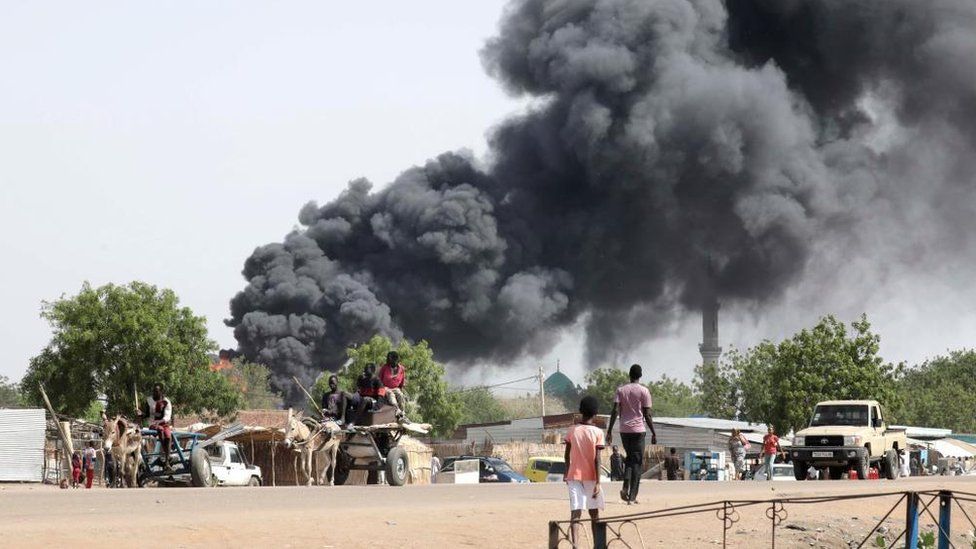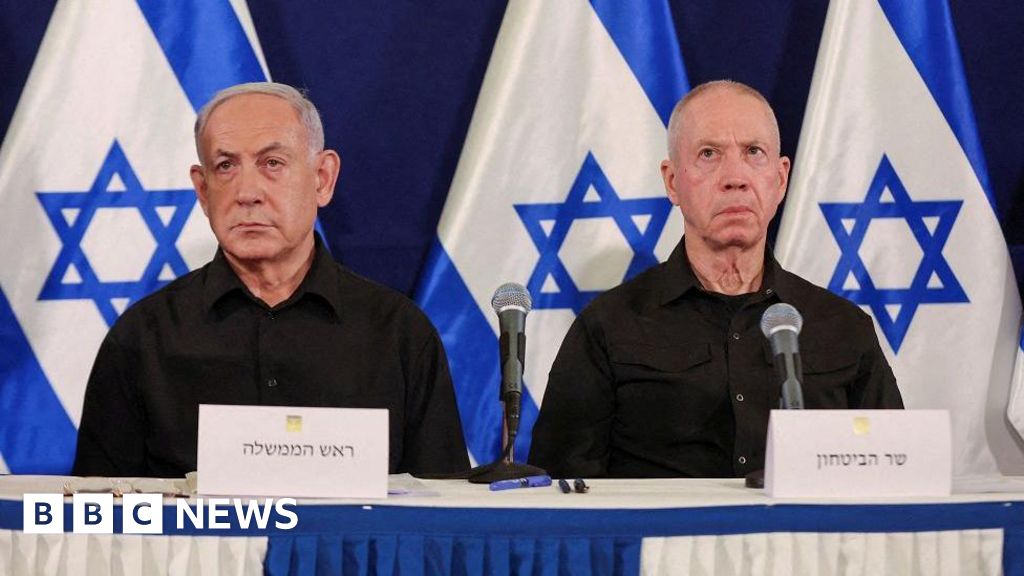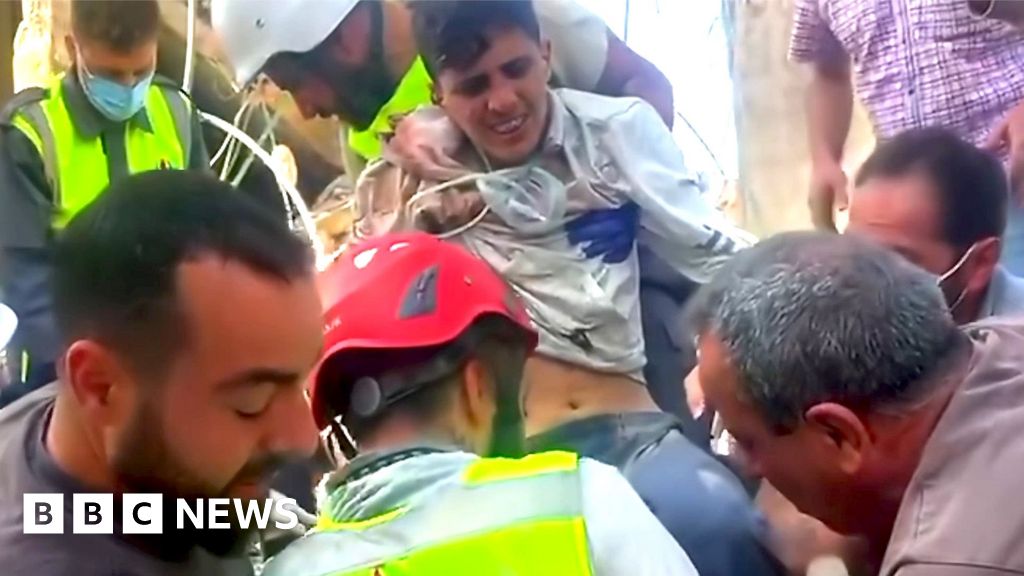ARTICLE AD BOX
 Image source, EPA
Image source, EPA
Hundreds have been killed and nearly 200,000 have fled their homes to neighbouring states
By Charlene Anne Rodrigues
BBC News
Heavy fighting between warring parties has continued in the Sudanese capital, Khartoum, and other cities ahead of the ceasefire talks on Sunday.
Residents say the Sudanese army has pounded civilian areas, while the Rapid Support Forces (RSF) has occupied civilian properties.
Clashes were reported in Khartoum, neighbouring Omdurman and Geneina in the Darfur region.
War between the country's army and the RSF started nearly a month ago.
One resident Hani Ahmed, 28, said it was worse in the morning compared with the past two days. "You could clearly hear the tanks and the RSF were patrolling the streets more than usual," he added.
"We only see the army in the sky, but in terms of face-to-face contact, we only see the RSF. They're the ones on the ground," Mr Ahmed said.
Hundreds have been killed and nearly 200,000 have fled their homes for neighbouring states. An estimated 700,000 have been displaced inside the country.
Widespread looting, as well as the withdrawal of international aid organisations, has led to severe shortages of food and medicine.
Displaced people living in a large camp in north Darfur have cut down to a single meal a day.
Medical charity Medecins Sans Frontieres (MSF) warned that conditions for children were likely to deteriorate.
The warring factions signed a "declaration of commitment" on Thursday, after a week of talks mediated by hosts Saudi Arabia and the US.
The ceasefire talks between representatives of the warring sides will resume in Jeddah on Sunday.
But on Friday, at least 77 people were killed in Geneina, where fighting flared after a two-week lull, said the Darfur Bar Association, a local rights group.
The group added that armed groups on motorcycles and RSF vehicles were continuing to commit acts of killing, looting, arson and terror.
In Khartoum, art curator Duaa Tariq, 30, said his area was under RSF control. "They loot and harass people and wander around, always armed, taking shelter wherever they want."
Sudan's civil aviation authority said Sudanese airspace would remain closed to all traffic until 31 May, but "humanitarian aid and evacuation flights" would remain unaffected.

 1 year ago
26
1 year ago
26








 English (US)
English (US)